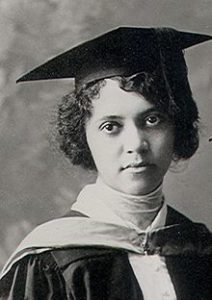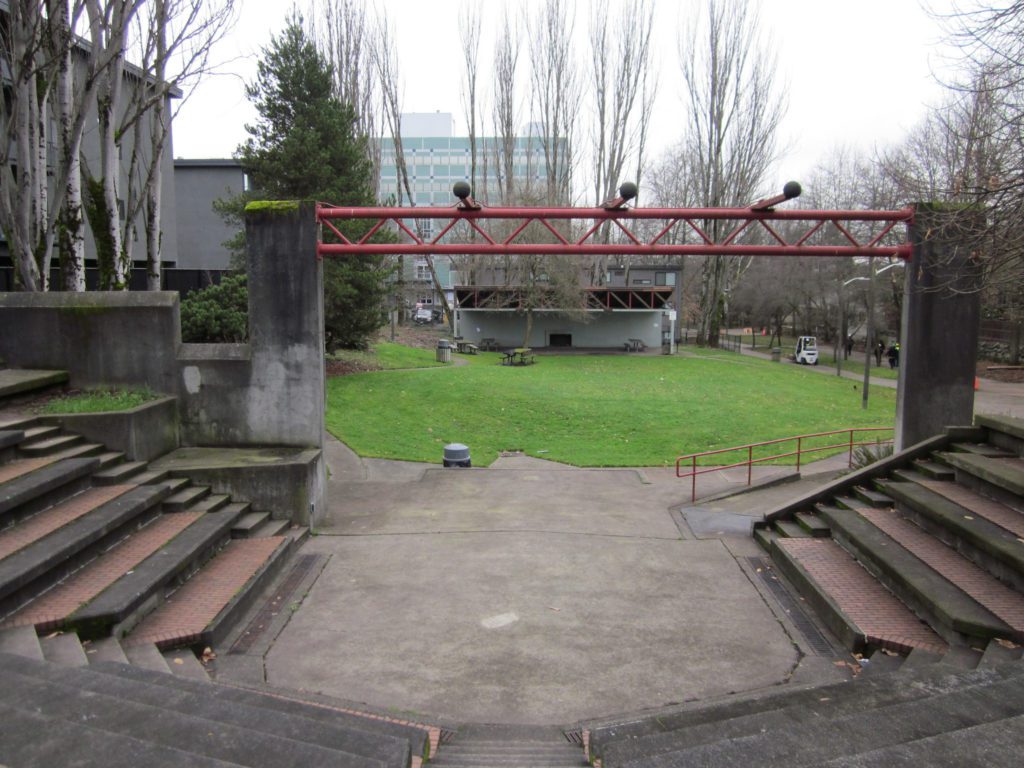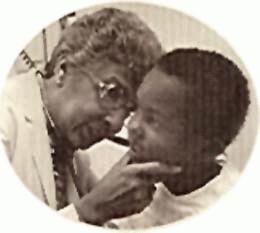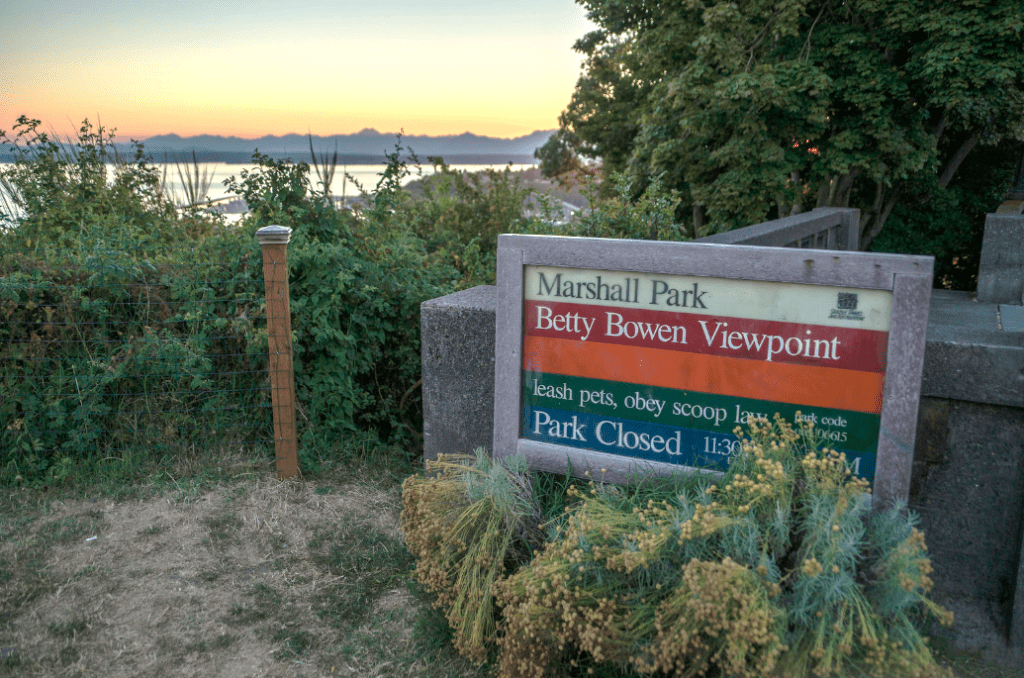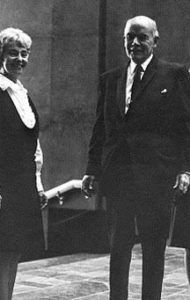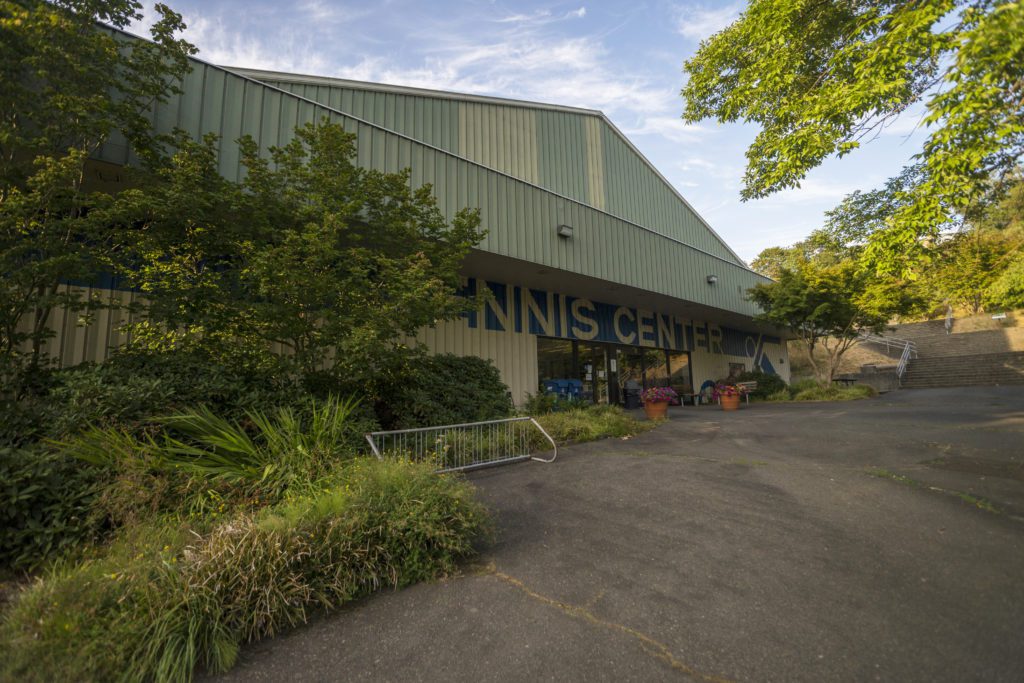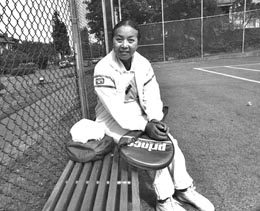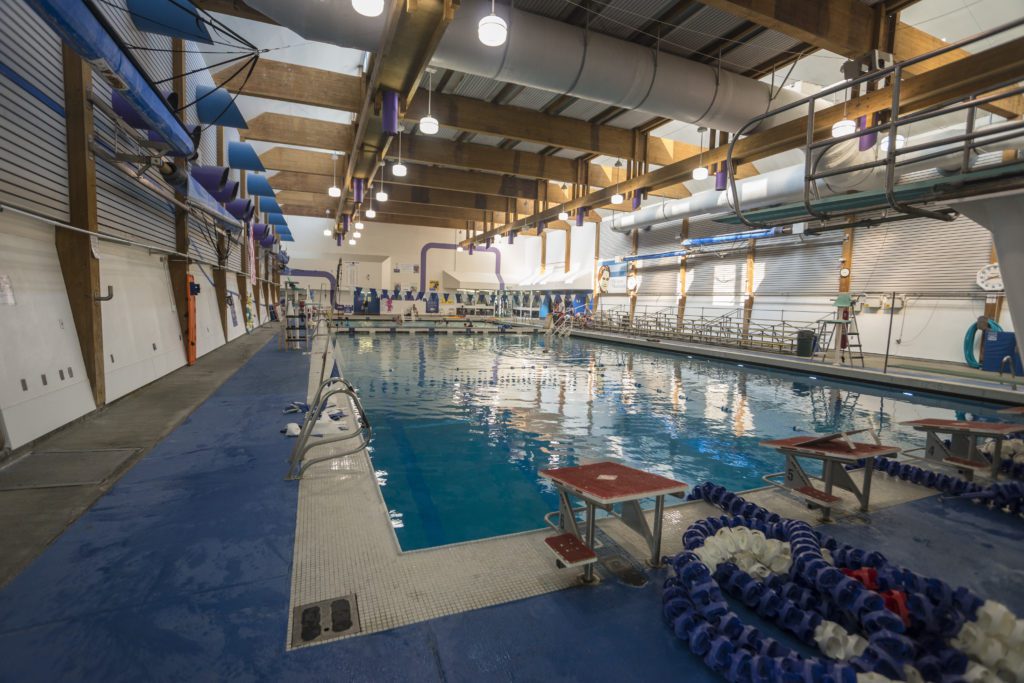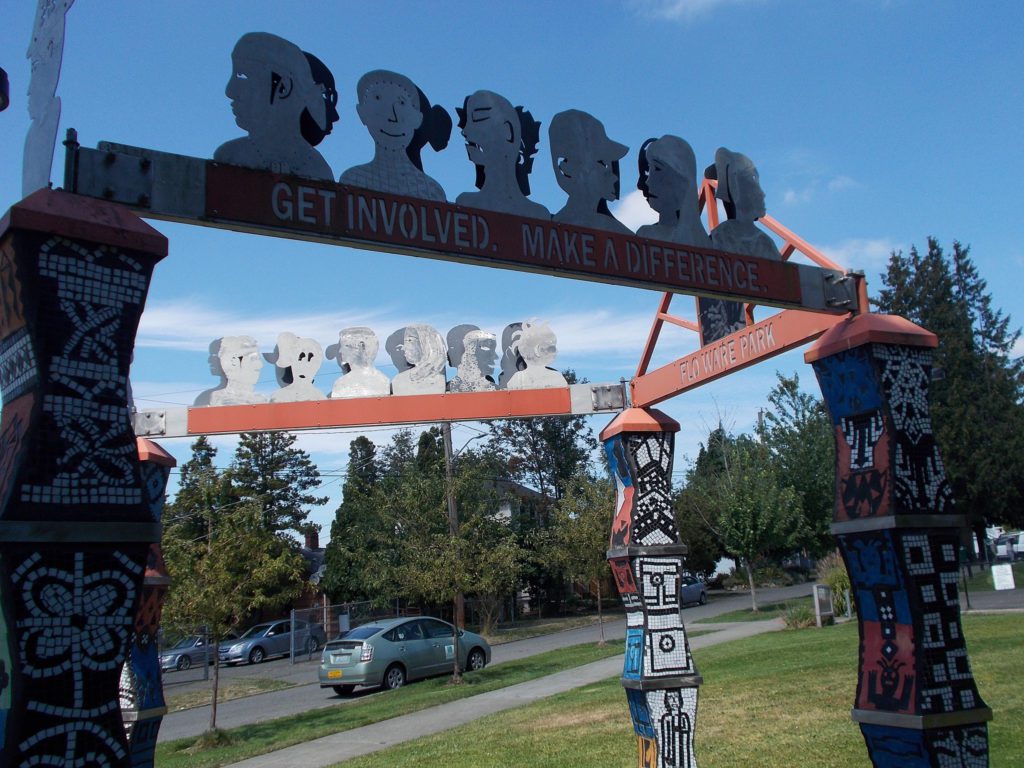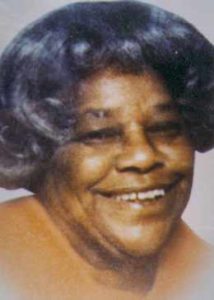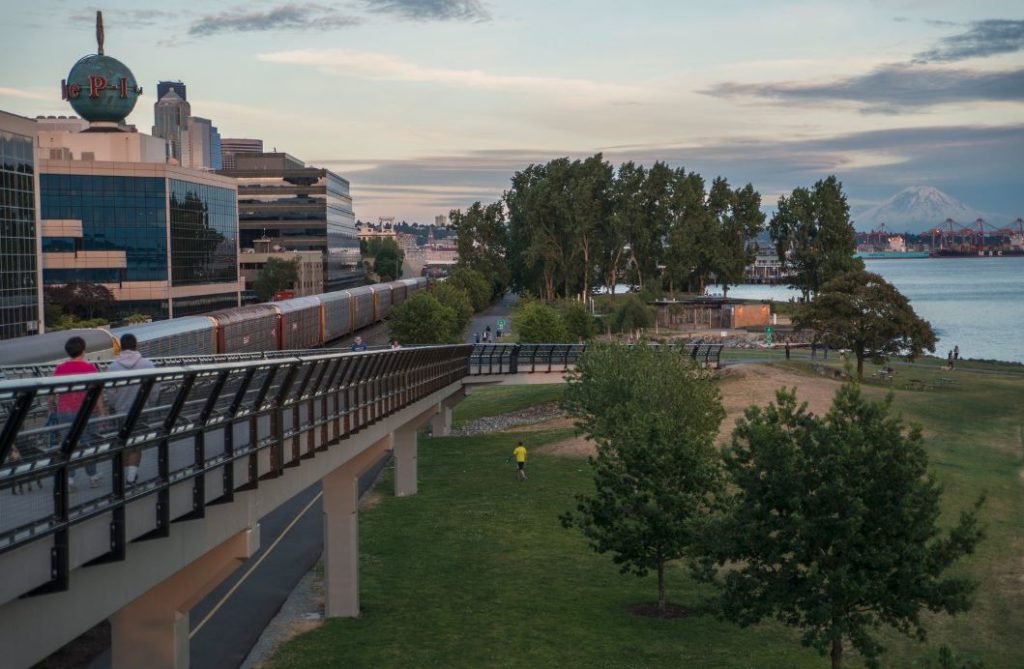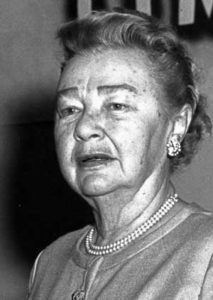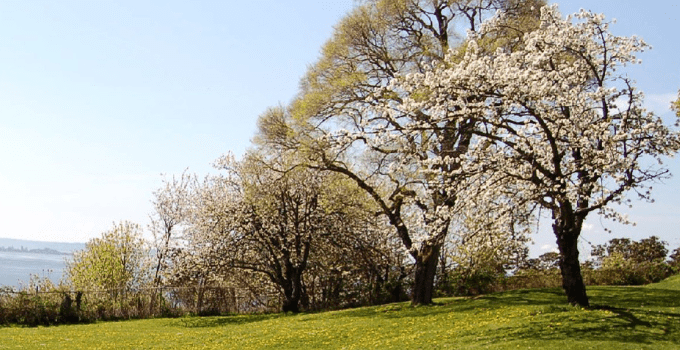
March is Women’s History Month, when we take time to reflect on the contributions of impactful women from our past and the legacies they have left in our communities today. We invite the public to celebrate by visiting one of the many parks and facilities named for Seattle’s women leaders to learn more about their contributions to the city.
Alice Ball Park
This new park began development in late 2018, and was named after an African American chemist who developed an injectable oil extract that was the most effective treatment for leprosy until the 1940s. Born in Seattle in 1892, Alice Ball graduated from the University of Washington in 1915 and became the first woman and African American to graduate with a master’s degree from the University of Hawaii. Her life was cut short at the age of twenty-four. The park is in the Greenwood/Phinney neighborhood next to the Greenwood branch library. More info on the park construction and design can be found here.
Dr. Blanche Lavizzo Park
This park is a narrow strip that connects S Jackson St. and E Yesler Way. Its many oak, poplar and other trees create a shady oasis in the middle of a busy urban area. The park also features a large grassy area with picnic tables, grills, and a small amphitheater used for concerts and plays.
Dr. Blanche Lavizzo was Washington State’s first African American female pediatrician. She graduated from Spelman College in 1946 and later received a Masters in Public Health from the University of Washington in 1975. Dr. Lavizzo moved to Seattle in 1956 and served as the first medical director of the Odessa Brown Children’s Clinic in Central Seattle, to which she introduced the motto “Quality care with dignity.” In addition to being a leader in healthcare, she dedicated her time to many community organizations including the United Way of King County, Seattle Urban League, and the Girls Club of Puget Sound.
Betty Bowen Viewpoint
Betty Bowen (1918–1977) was a Washington native, journalist and ardent supporter of Northwest artists. She was referred to as “the den mother of the city’s arts” and served as assistant director of the Seattle Art Museum for many years. An original member of the Seattle Arts Commission, Bowen was also active in numerous civic projects, including Pike Place Market historic preservation and other conservation efforts. She was also president of the McMillan Guild of Children’s Orthopedic Hospital. The viewpoint named in her honor is in Marshall Park, just up the slope from the Bowen home on Queen Anne hill.
Amy Yee Tennis Center
Amy Yee Tennis Center offers 10 indoor courts, 6 outdoor courts and a wide array of lessons, programs, and tournaments for players of all ages and abilities. In 2002, the facility was named for the Seattle tennis star Amy Yee, who spent decades inspiring new players and sharing her love for the sport with thousands of young people and adults alike. Amy Yee’s passion for tennis started in high school on Vashon Island. As a student, she played basketball, volleyball, softball, and participated in track and field. After seeing Yee try out tennis with her friends, the school’s tennis coach encouraged her to pursue the sport and helped her order her first racquet. By the end of her first week on the team, she was the top player.
As an adult, she shared her love of the game with all four of her children, each of whom received tennis scholarships to college. She and her children brought the game to their extended community by offering free clinics and lessons at parks, schools, and private clubs. Yee was known for her patient instruction and for encouraging players from every walk of life. She even gave lessons to not one, but two future Seattle mayors. She won numerous regional and national tennis championships throughout her life. In 2003, she was inducted into the U.S. Tennis Association’s Pacific Northwest section Hall of Fame.
Helene Madison Pool
Helene Madison Pool is a large aquatic facility in northeast Seattle. The 25-yard lap pool, shallow section, and two diving boards offer many opportunities to enjoy the water. Madison Pool hosts a wide array of classes, programs and special events.
Helene Madison was a record-breaking swimming star from Seattle. As a child, she and her family lived a block from Green Lake. It was there that she learned to swim with support of Seattle Parks and Recreation’s aquatics programs. It wasn’t long before she surpassed all of the swimmers at Green Lake. At 15, she broke the state record for the women’s 100-yard freestyle.
Between 1930 and 1932, Helene Madison owned 23 world records for swimming and won every freestyle event at the U.S. Women’s Nationals three years in a row. In 1931, the Associated Press named her the Female Athlete of the Year. At the 1932 Summer Olympics, she won 3 gold medals, following which she retired from her swimming career. In 1966, she was inducted into the International Swimming Hall of Fame.
Flo Ware Park
Flo Ware Park is a small park with a children’s play area, benches, and lawn space where neighborhood kids can often be seen running and playing. At the entrance to the park is a beautiful sculpture inspired by the parks’ namesake, featuring phrases like “Get Involved” and “Build Community.”
Flo Ware was an African American community activist in the Central District and Leschi community. She was dedicated to social change and pushed for improvements to Central Area public schools, quality health care for older adults, and more employment opportunities for low-income individuals. In her lifetime, she was recognized with over 75 awards for her work in the community. In addition to her activism, Flo Ware raised 20 foster children, served on the Seattle King County Economic Opportunity Board, and had her own talk radio show. A year after her death in 1981, the park was named in her honor.
Myrtle Edwards Park
Myrtle Edwards’ civic leadership left a large footprint in Seattle. A popular Seattle City Council member from 1955 to 1969, she chaired the City Council Parks and Public Grounds Committee, which later became the Seattle Parks Department. The committee presided over the redevelopment of Seattle Center, adding a new Opera House, Exhibition Hall, Playhouse and Arena. (These, along with other structures built onsite, were central to the World’s Fair in 1962.) Her involvement in public life was prodigious: she led both the Seattle and Washington state League of Women Voters, and was deeply involved with the Greater Seattle Council of Churches, the Municipal League, and Seattle Beautiful, Inc. The latter organization promoted public parks, boulevard plantings, and programs that enhanced neighborhood beautification. When she died at the height of her career after just six months as City Council president, the city created Myrtle Edwards Park, along Elliott Bay’s shoreline, in her honor. The stunning mountain and sound views are a delight for park users of all kinds.
Ursula Judkins Viewpoint
This small, quiet park offers tremendous views of downtown, the Cascades, and boats making their way through Elliott Bay. There are a few benches, and a small knoll for sitting under trees and taking in the sights.
Ursula Judkins was an impactful leader in the Magnolia neighborhood. She helped to facilitate the construction of Elliott Bay Marina and coordinated a neighborhood-led recycling movement that set the standard for such programs in Seattle. Later in her life she worked to reduce the impacts of the West Point sewage-treatment plant, mitigate noise pollution from trains travelling through Interbay, establish the Shoreline Park Improvement Fund, create Mounger Pool, and protect and improve Discovery Park. On October 12, the City of Seattle celebrates Ursula Judkins Day in honor of her passionate commitment to community and her persistent advocacy.

